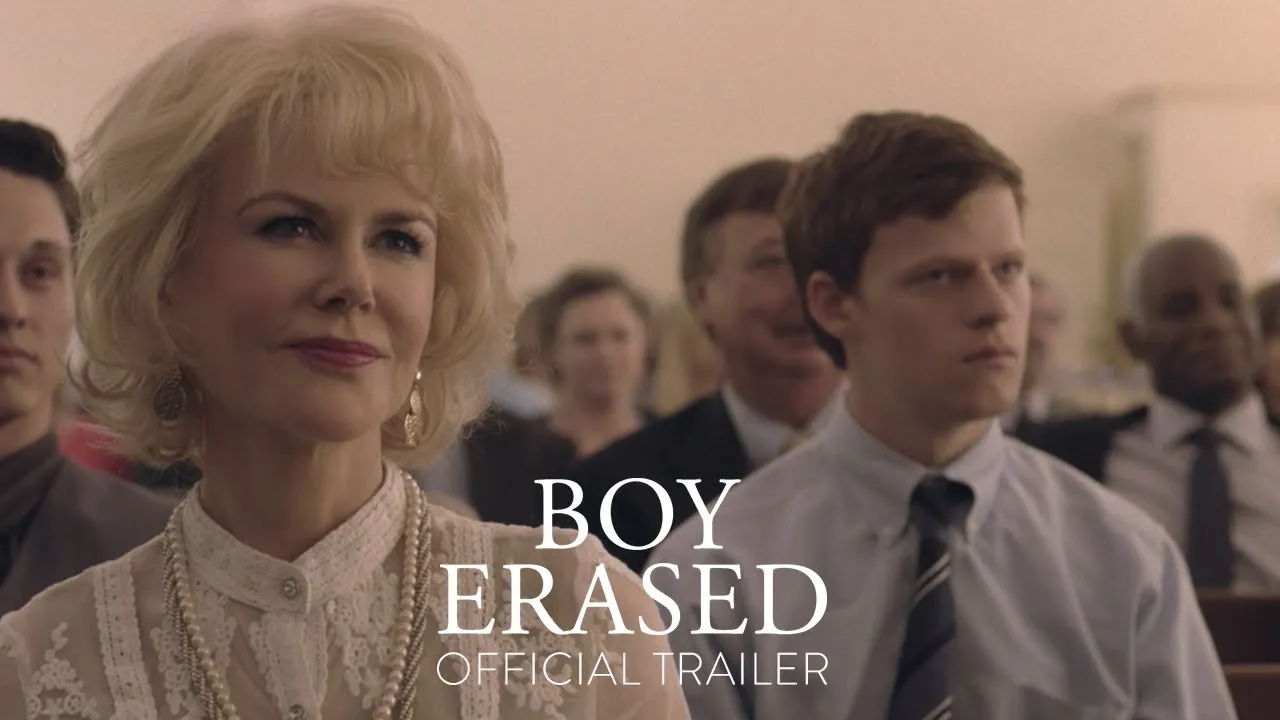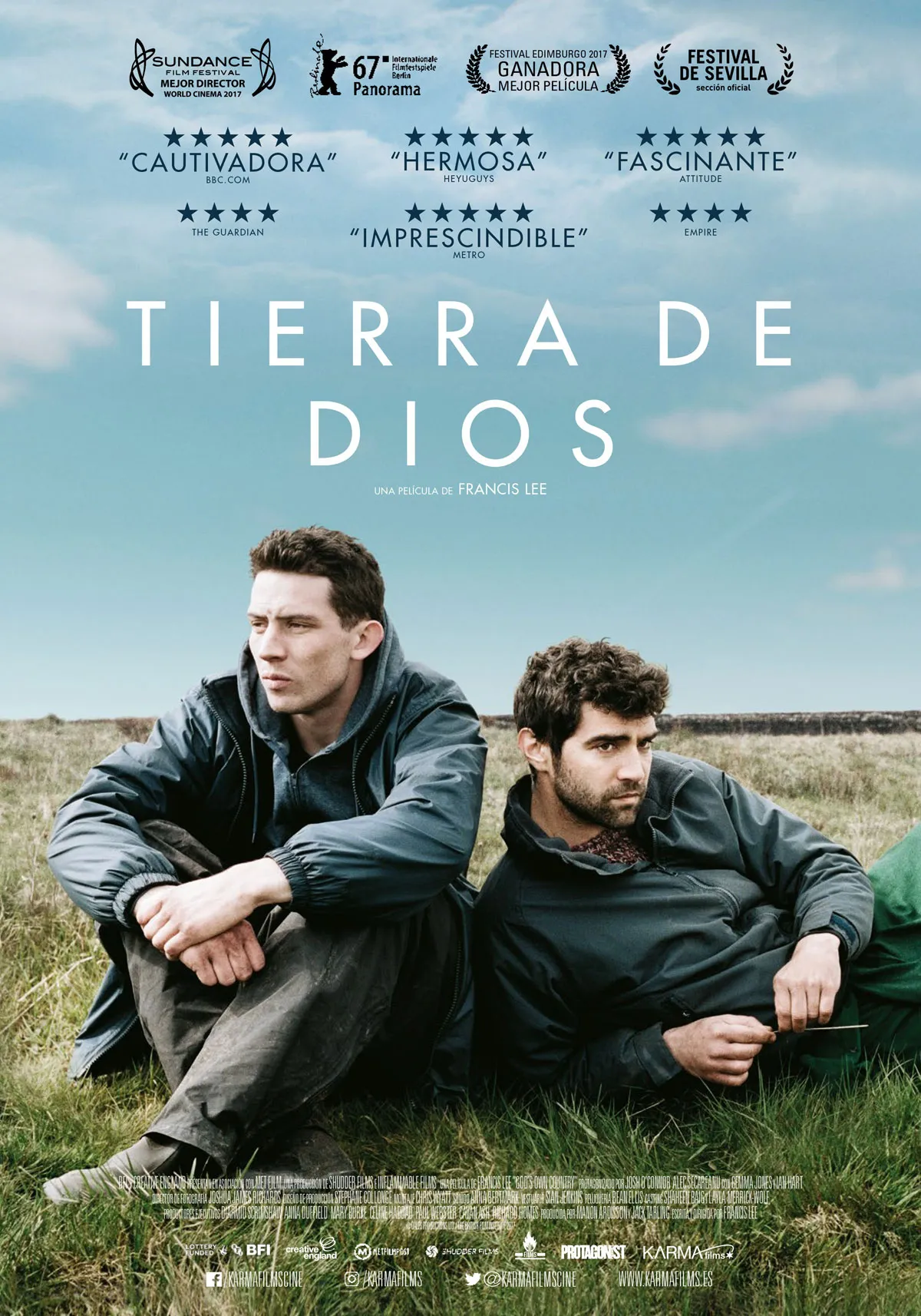The Way He Looks (2014) is a Brazilian coming-of-age romantic drama directed by Daniel Ribeiro. The film tells the story of Leonardo (Ghilherme Lobo), a blind teenager who is looking for greater independence and freedom in his life. He lives with his overprotective parents and has a close bond with his best friend, Giovana (Tess Amorim), but he feels confined by the limitations that others place on him because of his disability.

Leonardo’s life begins to change when a new boy, Gabriel (Fabio Audi), joins his school. Gabriel is confident, outgoing, and unlike the other people in Leonardo's life, he treats him as an equal. As they grow closer, Leonardo finds himself drawn to Gabriel in ways he has never felt before. This unexpected connection challenges Leonardo’s understanding of his own identity and his feelings about independence.

As their friendship deepens into something more romantic, Leonardo must confront his fears and navigate the complexities of love and desire. He struggles with the idea of stepping out of the protective bubble that his family has created for him. His relationship with Gabriel helps him see that he is capable of more than he thought, but it also makes him realize the challenges of growing up and exploring his sexuality in a world that often sees him differently.

The film beautifully explores themes of acceptance, identity, and love. Leonardo's journey toward self-acceptance is portrayed with sensitivity, as he learns to embrace both his disability and his desires. The relationship between Leonardo and Gabriel is tender and respectful, showing that love transcends boundaries, including physical limitations.

The Way He Looks is celebrated for its portrayal of a blind teenager navigating his first romantic relationship and for breaking away from the usual stereotypes about disability. The film received widespread praise for its heartfelt performances, especially from Ghilherme Lobo, and its realistic, non-exploitative approach to LGBTQ+ themes. It offers a fresh perspective on love, independence, and the challenges of growing up, making it a standout in LGBTQ+ cinema.



-1741223873-q80.webp)